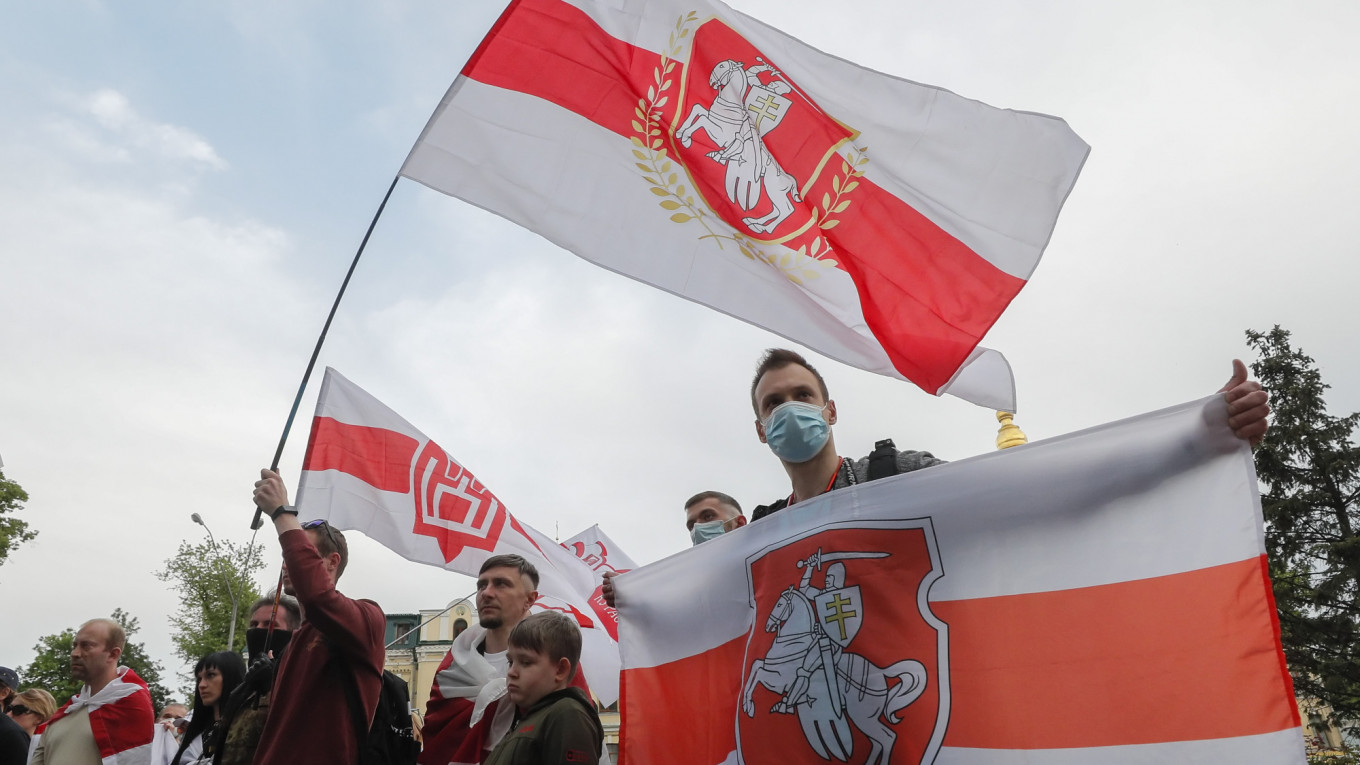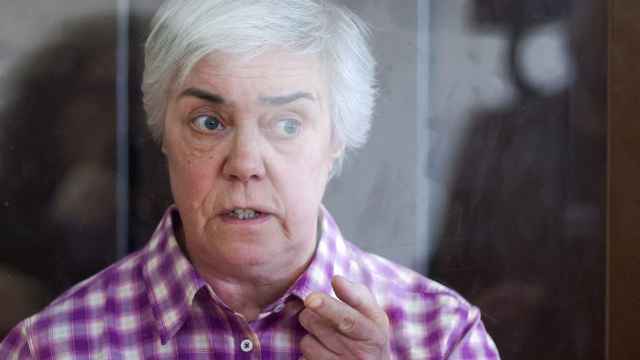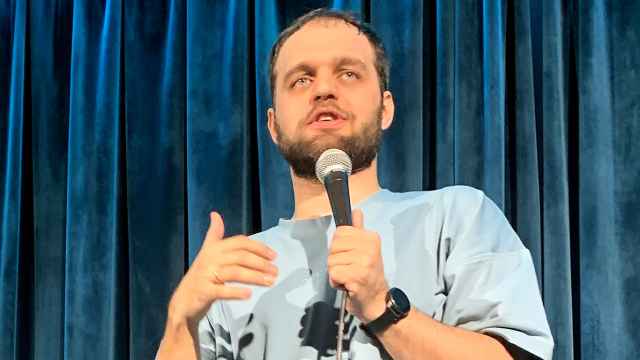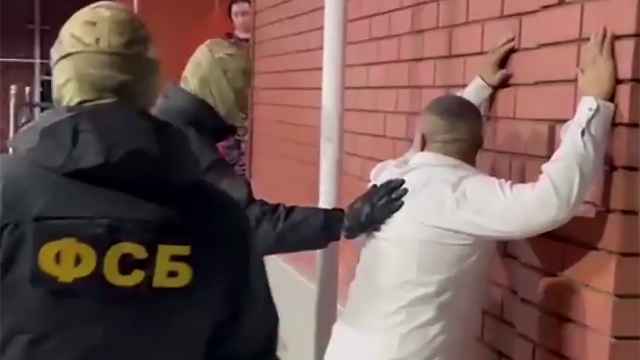European countries began banning flights over Belarus Monday after it provoked an international outcry by forcing a commercial airliner to land so it could arrest an opposition activist.
The Ryanair flight from Athens to Vilnius carrying dissident journalist Roman Protasevich was diverted while in Belarusian airspace Sunday over a supposed bomb threat.
Accompanied by a Belarusian fighter jet on the orders of strongman leader Alexander Lukashenko, the plane landed in the capital Minsk. There Protasevich, a 26-year-old, who had been living between Lithuania and Poland, was arrested along with his Russian girlfriend.
Western leaders accused Belarusian authorities of essentially hijacking a European plane, while Minsk claimed it had received a threat from Islamist group Hamas to blow up the aircraft.
As EU leaders prepared to meet for a summit where they are expected to discuss new sanctions, several governments and airlines said they were stopping flights over or with Belarus.
Britain and Lithuania said they had issued instructions for their countries' aircraft to avoid Belarusian airspace, with London going a step further by banning Belarus's flag carrier Belavia.
Ukraine said it would halt direct flights between the two countries and over Belarus, while Scandinavian airline SAS and Latvia-based regional airline airBaltic said they would be avoiding Belarusian airspace.
'North Korea in Europe'
Berlin, London and Brussels summoned the Belarusian ambassadors, as exiled opposition leader Svetlana Tikhanovskaya called for an independent probe, new sanctions and for Minsk to be excluded from international aviation bodies.
"An act of state terrorism was carried out and now any passengers flying over Belarus in a civilian aircraft will be in danger," Tikhanovskaya told reporters in Vilnius.
"The regime has turned our country into North Korea in the middle of Europe," she said.
The EU and other Western countries have already imposed a wide range of sanctions on Lukashenko's government over a brutal crackdown on opposition demonstrations that followed his disputed re-election to a sixth term last August.
Together with co-founder Stepan Putilo, Protasevich until recently ran the Nexta telegram channel that helped organize protests that were the biggest challenge to Lukashenko's rule since he took power in the ex-Soviet country in 1994.
Belarus insisted it had acted legally, accusing the West of making "unfounded accusations" for political reasons.
Its air force chief said the plane's captain had decided to land in Belarus "without outside interference" and that the pilot could have chosen to go to Ukraine or Poland.
A senior transport official, Artem Sikorsky, told journalists that authorities in Minsk had received a letter claiming to be from Hamas threatening to blow up the plane over Vilnius unless the EU renounced support for Israel.
'Shocking act'
The diversion of the plane has been roundly condemned in Europe.
EU chief Ursula von der Leyen described it as "outrageous and illegal", Poland denounced it as "an act of state terrorism" and France called for a "strong and united response."
NATO demanded a probe into the "serious and dangerous incident" and alliance envoys were to discuss it on Tuesday.
U.S. Secretary of State Antony Blinken called it "a shocking act" that "endangered the lives of more than 120 passengers, including U.S. citizens."
Belarus's main ally Russia showed little concern, however.
Foreign Minister Sergei Lavrov said Minsk was taking an "absolutely reasonable approach" while ministry spokeswoman Maria Zakharova mocked the Western indignation.
"We are shocked that the West calls the incident in Belarusian air space 'shocking,'" Zakharova said on Facebook, accusing Western nations of "kidnappings, forced landings and illegal arrests."
Britain's Foreign Secretary Dominic Raab raised the possibility of Russian backing for the diversion.
"It's very difficult to believe that this kind of action could have been taken without at least the acquiescence of the authorities in Moscow," he told parliament.
Even before Monday's summit, the EU was working on a new round of measures that was expected to see dozens more officials added to an asset freeze and visa ban blacklist in the coming weeks.
Those sanctions could now be expedited and Brussels is expected to propose more measures in response to the forced landing, an EU source said.
"We are assessing the situation and do not rule out any action," the source said.
The growing tensions were in evidence as Belarus expelled the entire staff of Latvia's embassy, including the ambassador, after accusing Latvian authorities of having used an opposition flag at an ice hockey championship.
With close to two million subscribers on Telegram, Nexta Live and its sister channel Nexta are prominent opposition channels and helped mobilize protesters in Belarus.
Protasevich and Putilo were added to Belarus's list of "individuals involved in terrorist activity" last year.
The two were accused of causing mass unrest, an offence punishable by up to 15 years in jail.
A Message from The Moscow Times:
Dear readers,
We are facing unprecedented challenges. Russia's Prosecutor General's Office has designated The Moscow Times as an "undesirable" organization, criminalizing our work and putting our staff at risk of prosecution. This follows our earlier unjust labeling as a "foreign agent."
These actions are direct attempts to silence independent journalism in Russia. The authorities claim our work "discredits the decisions of the Russian leadership." We see things differently: we strive to provide accurate, unbiased reporting on Russia.
We, the journalists of The Moscow Times, refuse to be silenced. But to continue our work, we need your help.
Your support, no matter how small, makes a world of difference. If you can, please support us monthly starting from just $2. It's quick to set up, and every contribution makes a significant impact.
By supporting The Moscow Times, you're defending open, independent journalism in the face of repression. Thank you for standing with us.
Remind me later.






